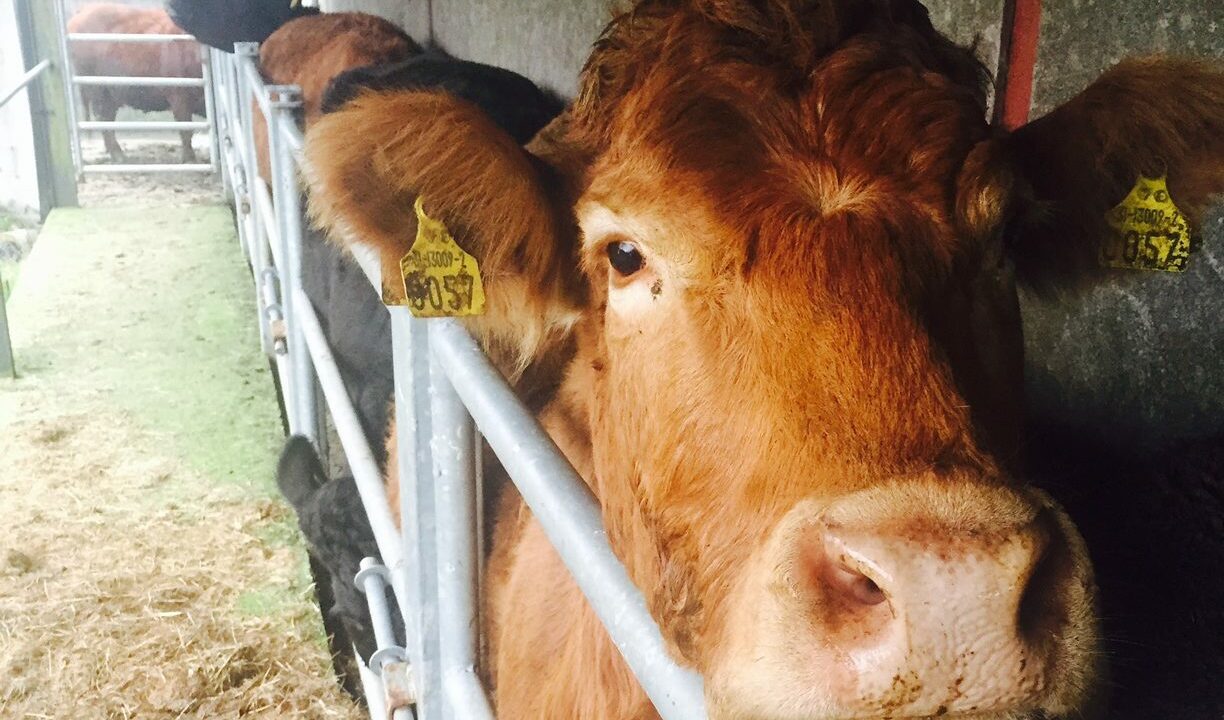Beef exporters in Northern Ireland have been given the green light to trade under Bovine Spongiform Encelphalapathy (BSE) negligible risk (NR) status.
Northern Ireland was recommended for the lowest BSE risk level attainable by the World Organisation for Animal Health’s (OIE’s) Scientific Commission earlier this year.
The recommendation came after the Department of Agriculture, Environment and Rural Affairs (DAERA) submitted an application for negligible risk status to the OIE in 2016.
This allows Northern Ireland exporters to take full advantage of the new trading opportunities it offers, according to DAERA.
Scotland has also achieved NR status; England, Wales and the Republic of Ireland continue to be recognised as having controlled risk status, it added.
Achieving this status is a huge boost for the beef sector in the North, the Chief Veterinary Officer for Northern Ireland, Robert Huey, said.
It is also the “culmination of years of invaluable work” from stakeholders right across the sector, he added.
The new risk status will enhance the international image of Northern Ireland as a disease-free area and provides an excellent platform from which to increase our beef exports to international markets.
“We are now working with the beef industry to maximise the benefit secured from this newly gained status, while maintaining our high standards of public and animal health,” Huey said.
Meanwhile, securing this new risk status is a “strong endorsement” of the health standards of the Northern Irish herd, the CEO of the Northern Ireland Meat Exporters Association (NIMEA), Conall Donnelly, added.
“This will pay dividends in terms of our international reputation and will be a significant factor in helping to further develop our access to global markets.
“As an industry we are working closely with the government to capitalise on NR status and ensure the greatest possible benefit,” Donnelly concluded.
